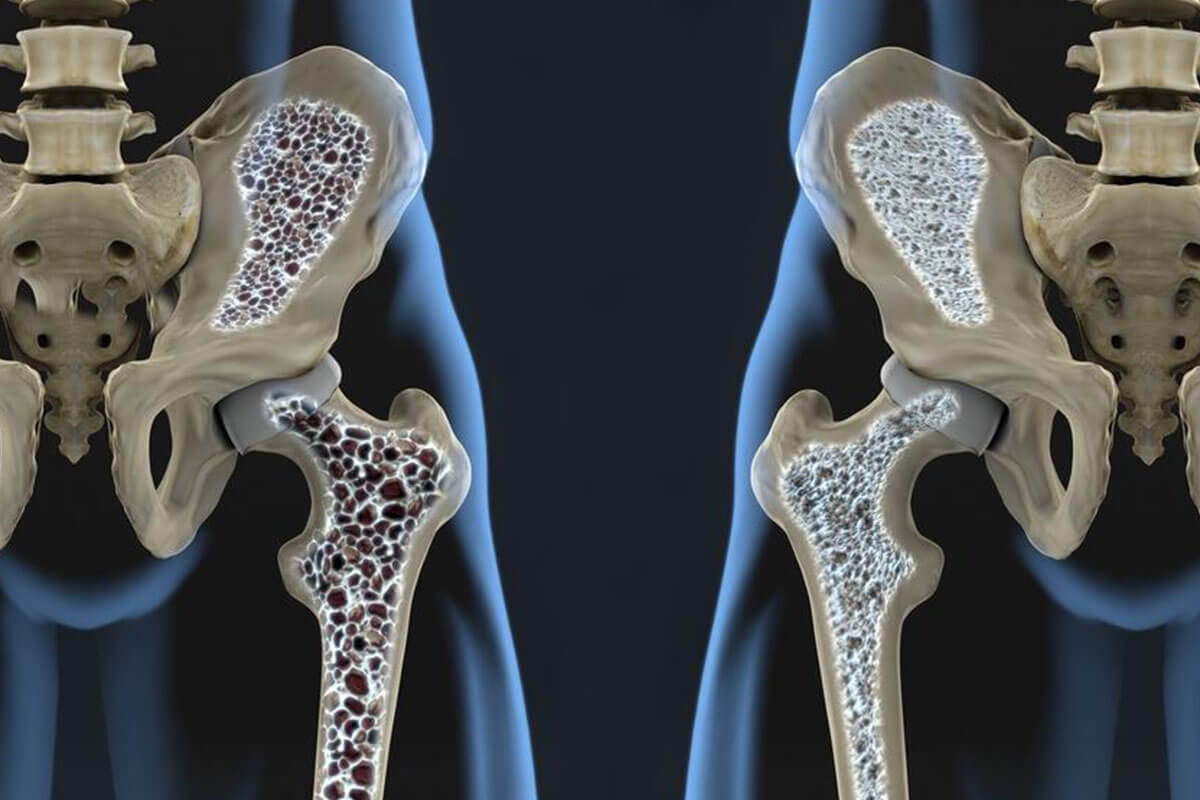Medical Factors Contributing to Osteoporosis and Bone Weakness
This article explores various medical conditions that contribute to osteoporosis and bone loss. It covers autoimmune diseases, diabetes, asthma treatments, and thyroid disorders, highlighting their impact on bone health. Understanding these links can help in proactive management and prevention of osteoporosis through medical intervention, lifestyle modifications, and proper nutrition.

Medical Conditions Associated with Osteoporosis and Bone Degeneration
Various health issues are linked to increased risk of osteoporosis and reduced bone density. Here's what you need to know.
Bone is a dynamic tissue that constantly regenerates. When bone breakdown surpasses rebuild, bones become brittle and more prone to fractures, leading to osteoporosis. It is more common in women, affecting roughly 200 million women worldwide, particularly older Caucasian and Asian women.
In advanced osteoporosis stages, fractures frequently occur in the spine, hips, and wrists. Bone fragility can cause fractures from minor falls or stresses. Early stages are asymptomatic but may eventually present as height reduction, back pain, fractures, and stooped posture. Diagnosis commonly involves bone density scans to evaluate bone loss.
Risk factors include body size, age, genetics, ethnicity, activity level, gender, and nutrition. Treatment often involves medications, lifestyle changes, and diet adjustments to reduce fracture risk.
What causes bone loss in osteoporosis? The precise cause remains unknown, but several medical conditions are associated with it through the disease process or treatments. These include:
Rheumatoid Arthritis and Lupus
Autoimmune diseases such as RA and lupus involve immune system attacks on healthy tissues. About 3 million adults in the US live with these conditions. Lupus is especially common among women aged 15-45, crucial years for bone development. According to Dr. Beatrice Edwards from Northwestern University, "Anything disrupting bone growth in these years raises osteoporosis risk." These diseases can accelerate bone loss.
Diabetes
Type 1 diabetes is associated with lower bone density, likely due to elevated blood sugar impairing bone formation. Since it often begins during childhood, it can hinder achieving peak bone mass, thereby increasing osteoporosis risk, explains Dr. Edwards.
Asthma
While asthma itself does not cause bone loss, medications like corticosteroids used for management can weaken bones, heightening osteoporosis risk.
Hyperthyroidism
Excess thyroid hormones from overactive thyroid glands accelerate bone turnover, leading to bone reduction after age 30. Dr. Edwards notes that repeated cycles of increased bone resorption reduce overall bone density over time.
Other conditions such as multiple sclerosis and celiac disease are also linked to osteoporosis. Recognizing these issues allows for preventive measures—like vitamin D supplementation and lifestyle changes—to strengthen bones and prevent further deterioration.


